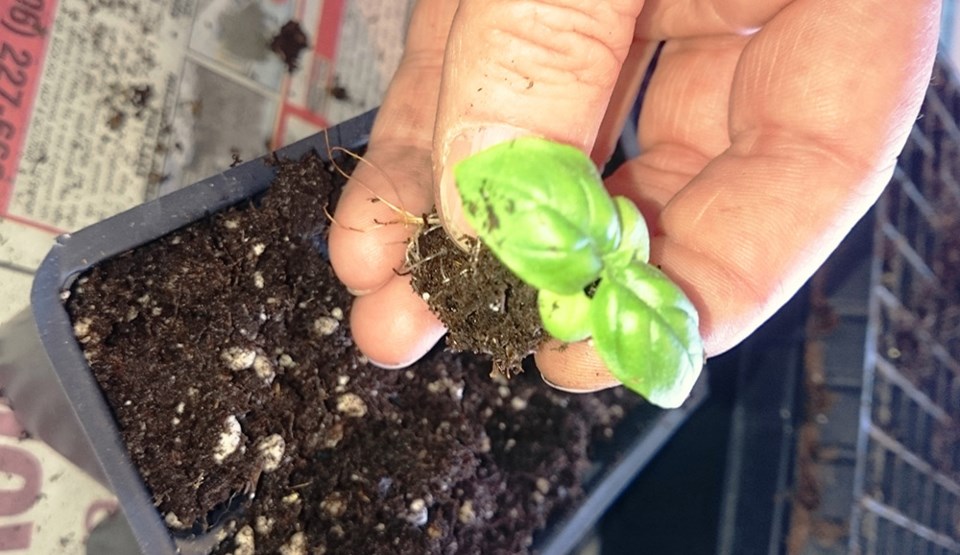The column last week was focused on introducing you to the wonders of horticulture therapy. If you missed that column then it is important for you to know that horticulture therapy is the formal practice that promotes a natural sense of wellness by using goal centered activities utilizing plants and horticulture to improve the quality of life physically, socially, mentally and spiritually. This therapeutic approach is not new but is not always recognized to have the value that it brings to those who are involved with this type of program.
Horticulture therapy programs help participants to develop new ways of thinking about life and self-care. It also helps to develop positive leisure skills and increased self-esteem by acquiring new skills and by completing successful projects that involve horticulture and plants. Our next session at the Luther Special Care Home will be bringing Christmas to the Table where the activity will be centered on building holiday centerpieces with fresh greens while enjoying some Christmas music. This fun activity will also bring back memories of that wonderful smell of a real Christmas tree and trigger thoughts of all the happiness that has been experienced during the holiday season.
Gardening could be considered a type of horticulture therapy. It is one of those simple pleasures that continues to bring great satisfaction to people of any age. It is a passion for many and an enjoyable pastime for others. Like Horticulture Therapy, there are no restrictions on gardening – you can be young or old, sick or healthy. Gardening is also an effective therapy that adds contentment, pleasure, healthy food and joy to your everyday life. Often gardening means hard work which leads to sore muscles and tired backs but overshadowing all of these temporary ailments is the ability that gardening has to soothe your soul. In the summer season, the therapy is easy to access as gardening is simple when the climate cooperates. In the winter months however, you need not give up your therapy – you just need to be a bit more creative.
At the School of Horticulture we train individuals to have the education, skills and experience to become Horticulturists. This post-secondary program realizes that it is an important part of the learners’ journey to learn the practice of horticulture therapy. At the school we see the worth of experiential learning for our students but we also like to see benefit in our communities. We are thankful and appreciative that we have formed a partnership with the LutherCare communities and thus are delivering a horticulture therapy program at the Luther Special Care Home in Saskatoon. The mission of the LutherCare communities (https://luthercare.com/) is to provide a safe and caring Continuum of Living™ for all and all of us at the School of Horticulture () are happy to provide a small bit of that caring by providing a horticulture therapy program to their residents.
Horticulture therapy programs are designed to actively engage the interest of the participants. The program should match the capabilities of the user group while at the same time help to ignite creativity and imagination. All activities should have firm objectives that are focused on exercising the body appropriately while stimulating the senses and increasing awareness of the external living environment. Participants experience a comfortable environment where they can express creative energies which leaves them more settled and focused on the positive aspects of life. For the students, this horticulture therapy experience is life changing from the professional self-development perspective.
We hope you have enjoyed learning a little bit more about horticulture therapy. We wish you a healthy holiday season for you are yours.
Hanbidge is a horticulturist with the Saskatoon School of Horticulture and can be reached at 306-931-GROW(4769); by email at [email protected]; facebook: @schoolofhort; twitter: @hortiuclturepat; instagram: patyplant or check out our website atÂ




